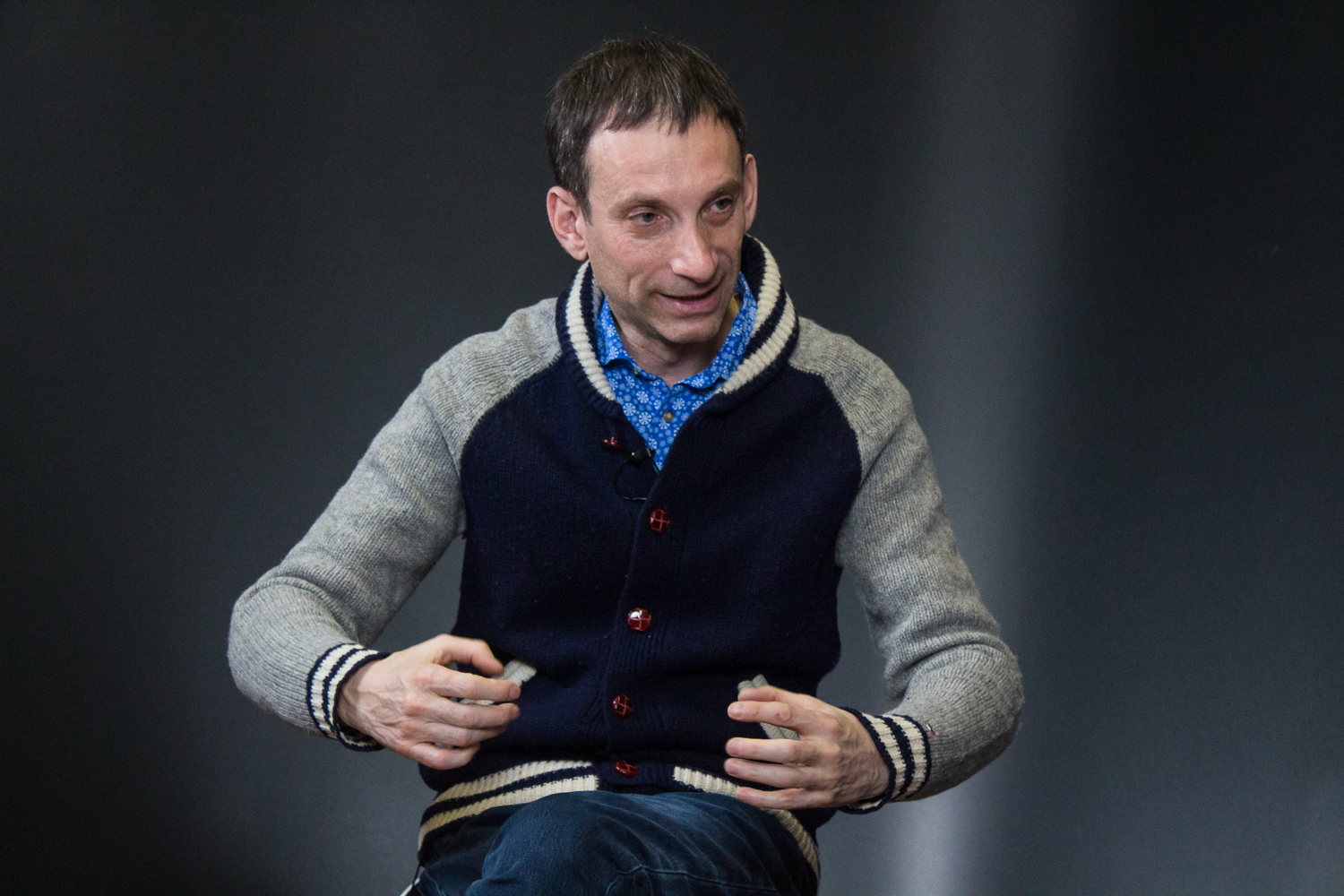In a wide-ranging and even programmatic interview with the After Empire portal, Ukrainian commentator Vitaly Portnikov describes three often unacknowledged truths about Ukraine and Ukrainians that not only now play but will continue to play a key role in the development of that nation.
[highlight]First of all[/highlight], he says, “Ukraine as a former colony of the metropolitan center is with difficulty catching up with Russia and now it is about where Russia was in 1999.” This lag, he says, also reflects the fact that “in Ukraine there was no perestroika … there was no major movement for independence and there were no changes.”
Indeed, Portnikov says, one really can speak of the beginning of mass movements in Ukraine only as having taken place thirteen years later, with Yushchenko’s Maidan in 2014.
And what is happening in Ukraine today recalls what happened in Russia in 1999-2000 when Vladimir Putin came to power. Now it is Ukraine’s turn to see the possibility of authoritarianism, although how far that will go and how long that will last are certain to be different.
According to Portnikov, Ukrainian president Volodymyr Zelenskyy or even more probably his successor will be “an individual who will attempt to establish here a genuine harsh authoritarian regime,” but if he tries to do so, it is difficult to see how such a regime can find support in the various parts of the country which have very different ideas about what the state should be.
In the commentator’s opinion, because Ukraine is so divided, it should become a genuine parliamentary democracy with a weak office of president so that the various parts of the country will have to work together rather than rely as now on the decisions of a single individual and his small team of advisors.
[highlight]Second[/highlight], Portnikov says that those who think that ethnic Ukrainians in the Russian Federation are a lever that Kyiv should be using do not understand the situation. They are ethnically Ukrainian but they are very much part of the Russian political nation and thus potentially are a greater resource for Moscow than for Kyiv.
Those who were have returned; those who remain in country which has occupied part of Ukraine are on the other side of the divide.
According to Portnikov, Moscow has the better chance to use these people as leverage rather than Kyiv. If Russia occupies more of Ukraine, it will likely use them in much the same way the Soviet government used ethnic Latvians who had been living in the Russian SFSR to govern occupied Latvia in 1940 and then again after 1945.
When Moscow occupied Latvia and her two Baltic neighbors, it did not trust the local communists. Instead, it brought in people who were “ethnically” members of the titular nationality but who had become completely absorbed by the “imperial” vision of the center. In Latvia at the head of these people stood the infamous Arvīds Pelše.
None of the Ukrainians in Russia is going to become “an agent of Ukraine” because “the majority of people you consider Ukrainians are Rossiyane [non-ethnic Russians], just like people of Russian, Armenian, Jewish or Chechen descent.” For them, “the Russian Federation itself is a value” – and if it expands [by consuming territory of other countries], they will be pleased.
[highlight]And third[/highlight], Portnikov continues, despite what many believe or at least say, “Russia has never conducted any work with ethnic Russians in Ukraine. It has done so with the Russian-speaking population but this is not one and the same thing.” It works with Russian speakers who “feel themselves part of a large imperial space” rather than members of a particular nation.
Read More:
- Portnikov: “Unity” for robbery just like in Russia
- 84% of Ukrainians believe in populist economic fairy tales
- Piontkovsky: Ukraine is being prepared for disguised surrender to Russia
- Zelenskyy sacks well-functioning Central Election Committee, raising worries about capitulation to Russia on Donbas
- An unequal exchange: the spies and terrorists Russia got for releasing Oleg Sentsov and 34 other Ukrainian political prisoners & POWs
- 84% of Ukrainians believe in populist economic fairy tales
- Portnikov: The goals of Zelenskyy and Putin for the “Big Exchange”
- Ukraine’s new Cabinet: new faces, merged ministries, and the immortal Avakov
- Facts about Crimea’s annexation now taboo in Russia

